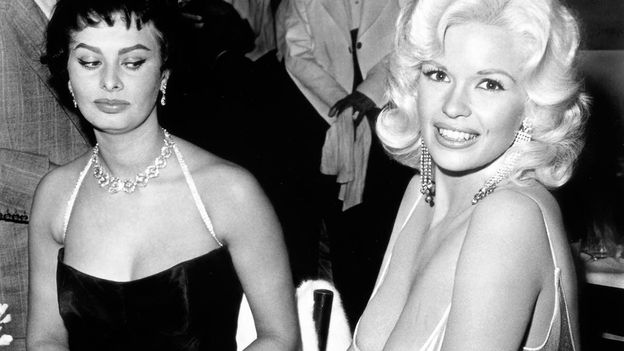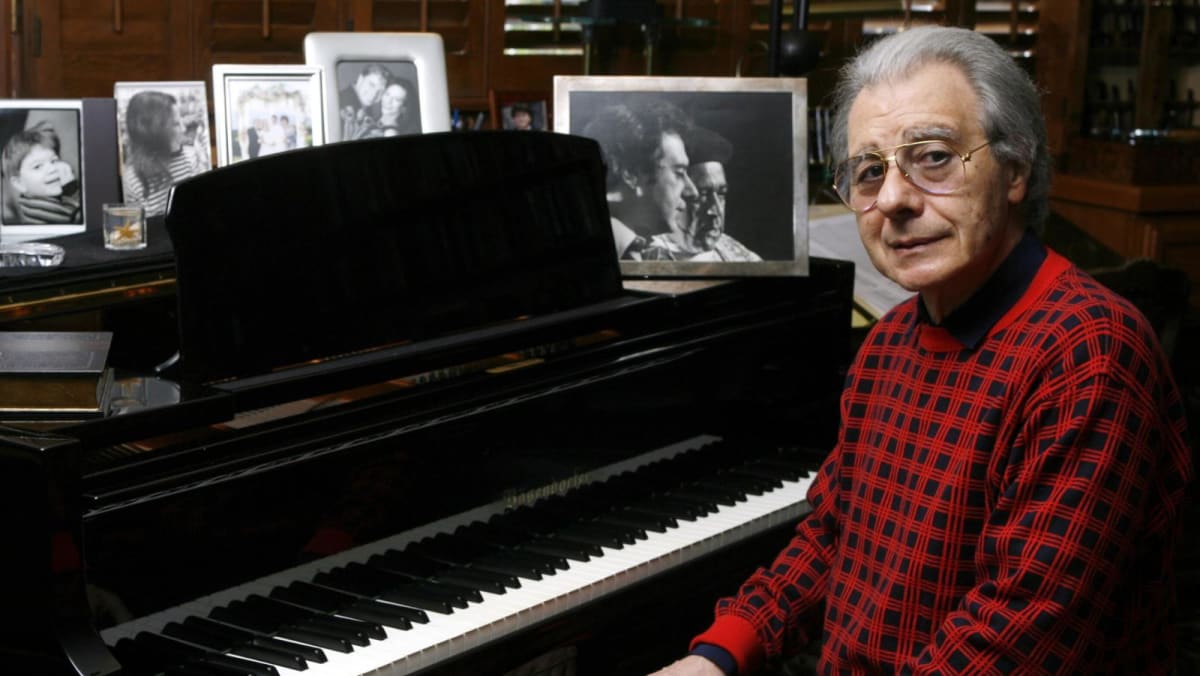Protests and Performances at Glastonbury Festival: A Day of Music and Activism

Glastonbury Festival, UK – In a vibrant display of both artistic expression and political activism, the Glastonbury Festival has become a focal point for discussions surrounding social issues and music. Just hours before the festival's iconic Pyramid stage would host legendary acts, a group of protesters made headlines with their bold statement against government actions.
Approximately 30 activists donned T-shirts emblazoned with the message “We Are All Palestine Action” at the festival’s stone circle. This protest comes on the heels of a controversial decision by the UK government to classify Palestine Action as a terrorist organization. Home Secretary Yvette Cooper announced these plans following an incident where members of the group infiltrated RAF Brize Norton while the Prime Minister's plane was present. As they distributed T-shirts under a Palestinian flag, one protester expressed their ambivalence towards the group’s methods, stating, “I’m not even sure if I agree with everything Palestine Action says or does, but trying to ban them as terrorists is wrong; it’s authoritarian.”
Meanwhile, in an unexpected turn of events, legendary musician Sir Rod Stewart, who is set to perform on the Pyramid stage, stirred the pot with his comments on the political climate. In an interview with the Times, Stewart, at 80 years old, urged Britain to consider giving right-wing politician Nigel Farage a chance. He expressed discontent with the current political landscape, particularly criticizing Labour leader Keir Starmer’s policies on fishing rights in Scotland, which he claims have not resonated positively with the public. Stewart's call for Farage’s acceptance is juxtaposed with his vocal support for Palestinians in Gaza, highlighting the complexity of political sentiments at the festival. He lamented the dire situation in Gaza, drawing parallels to historical injustices faced by Jewish people, and added, “Netanyahu doesn’t realise that this is what happened to his people under the Nazis: total annihilation.”
As the sun rose on Saturday, the atmosphere at the Park stage buzzed with the presence of French composer Yann Tiersen, best known for his enchanting score for the film Amélie. Tiersen opened his performance with a minimalist piano set, creating a soothing ambiance tailored for festival-goers recovering from the festivities of the previous night. “We’re starting with a breakfast mood with the piano, and then waiting for drinks to kick in then we’ll go after-party mode,” he told the audience. His set featured a delicate balance of tempo and emotion, transporting listeners through a reflective journey.
However, Tiersen soon shifted gears by transitioning to a dynamic DJ set, which contrasted sharply with his initial piano melodies. The crowd, still recovering from the early hour, was hesitant to dance at first, but as Tiersen introduced upbeat electronic sounds, some began to move. He humorously encouraged the audience to stand, acknowledging the early hour while captivating them with a mix of genres that included techno beats and lively violin performances. Despite the lack of cohesion in his set, the crowd’s engagement with Tiersen’s energetic contrasts showcased the festival's spirit of diversity in music and expression.
As we await further performances, including the Kaiser Chiefs on the Pyramid stage, the festival continues to be a melting pot of music and activism. The news is not just about the melodies that echo through the fields of Glastonbury but also about the voices of those who wish to be heard amid the revelry.




























